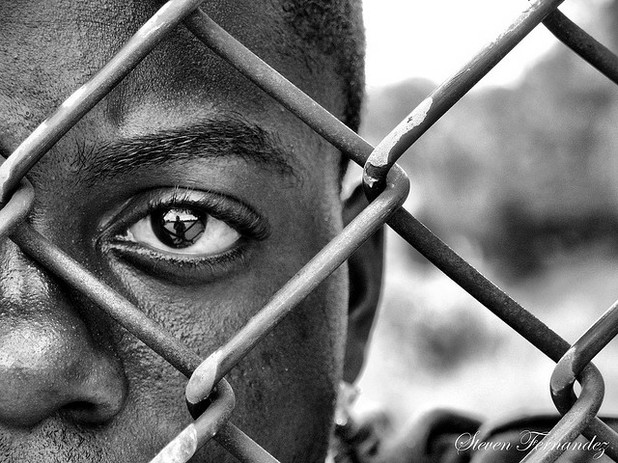NAACP Calls for an End to War on Drugs
NAACP delegates passed the resolution, entitled ‘A Call to End the War on Drugs, Allocate Funding to Investigate Substance Abuse Treatment, Education, and Opportunities in Communities of Color for A Better Tomorrow’ at the 102nd NAACP annual conference in LA on Tuesday.
Commenting on the resolution, NAACP president Benjamin Jealous said, “Today the NAACP has taken a major step towards equity, justice and effective law enforcement. These flawed drug policies that have been mostly enforced in African American communities must be stopped and replaced with evidenced-based practices that address the root causes of drug use and abuse in America.”
Compelling arguments from the NAACP for a change drug policy change include:
- The US spends $40 billion per year fighting a losing war against drugs
- African Americans are 13 times more likely to be imprisoned for drug crimes than Whites
- The war on drugs has created "a system of racial disparities that rivals Jim Crow policies of the 1960's."
As an alternative to incarceration based drug policy, the resolution authors call for less prison building and more funding for evidence based drug treatment programs.
Alice Huffman, who heads the California NAACP chapter voiced her support for the resolution, adding that, “Studies show that all racial groups abuse drugs at similar rates, but the numbers also show that African Americans, Hispanics and other people of color are stopped, searched, arrested, charged, convicted, and sent to prison for drug-related charges at a much higher rate. This dual system of drug law enforcement that serves to keep African-Americans and other minorities under lock and key and in prison must be exposed and eradicated.”
Post a comment 0
Copyright Notice
We welcome republishing of our content on condition that you credit Choose Help and the respective authors. This article is licensed under a Creative Commons License.

 John Lee
John Lee
